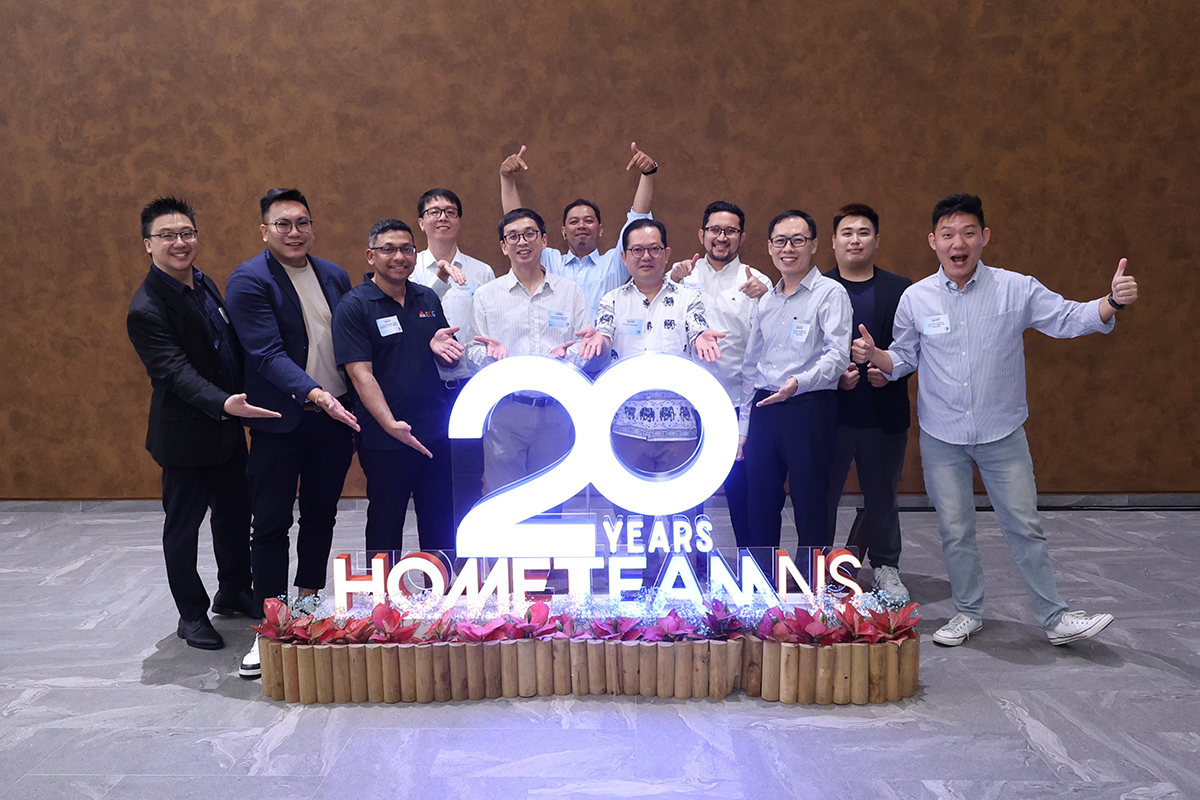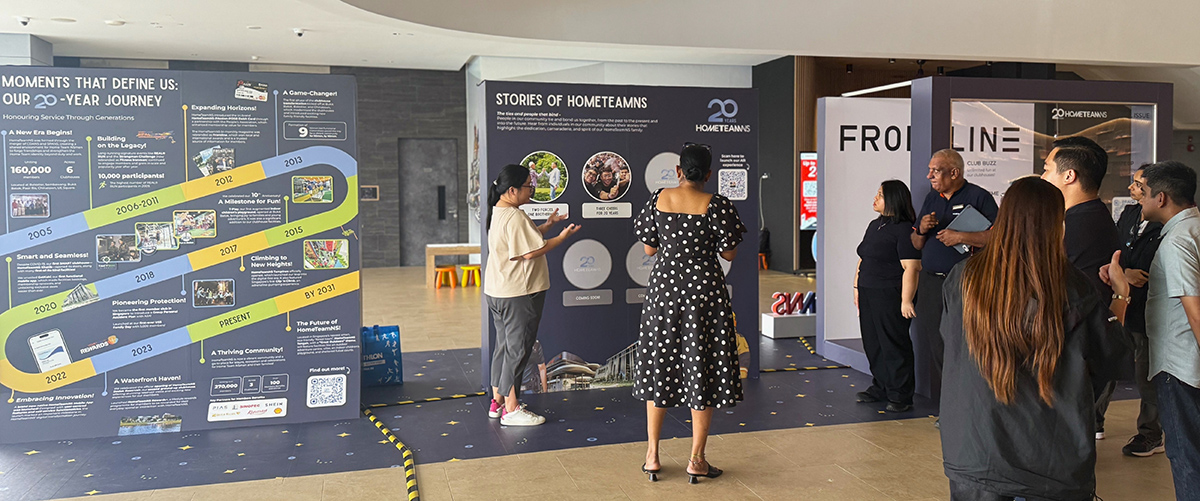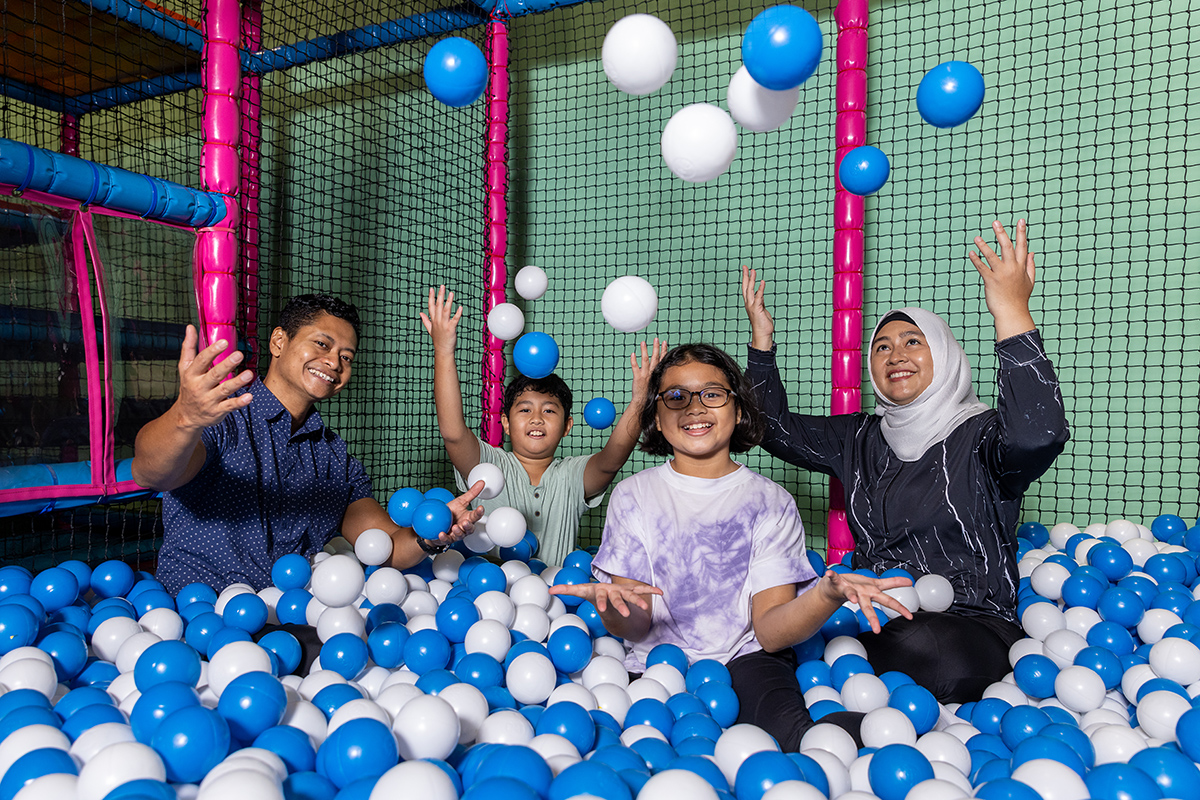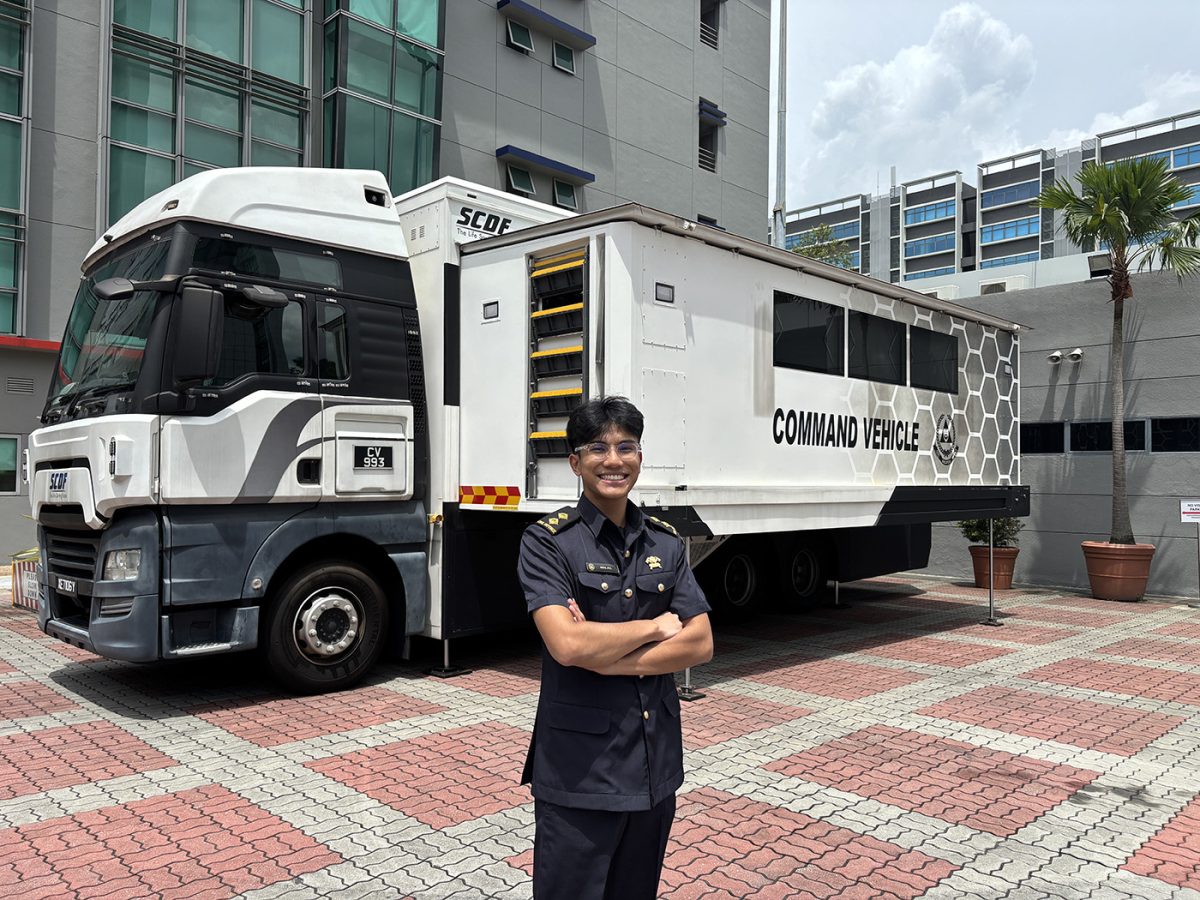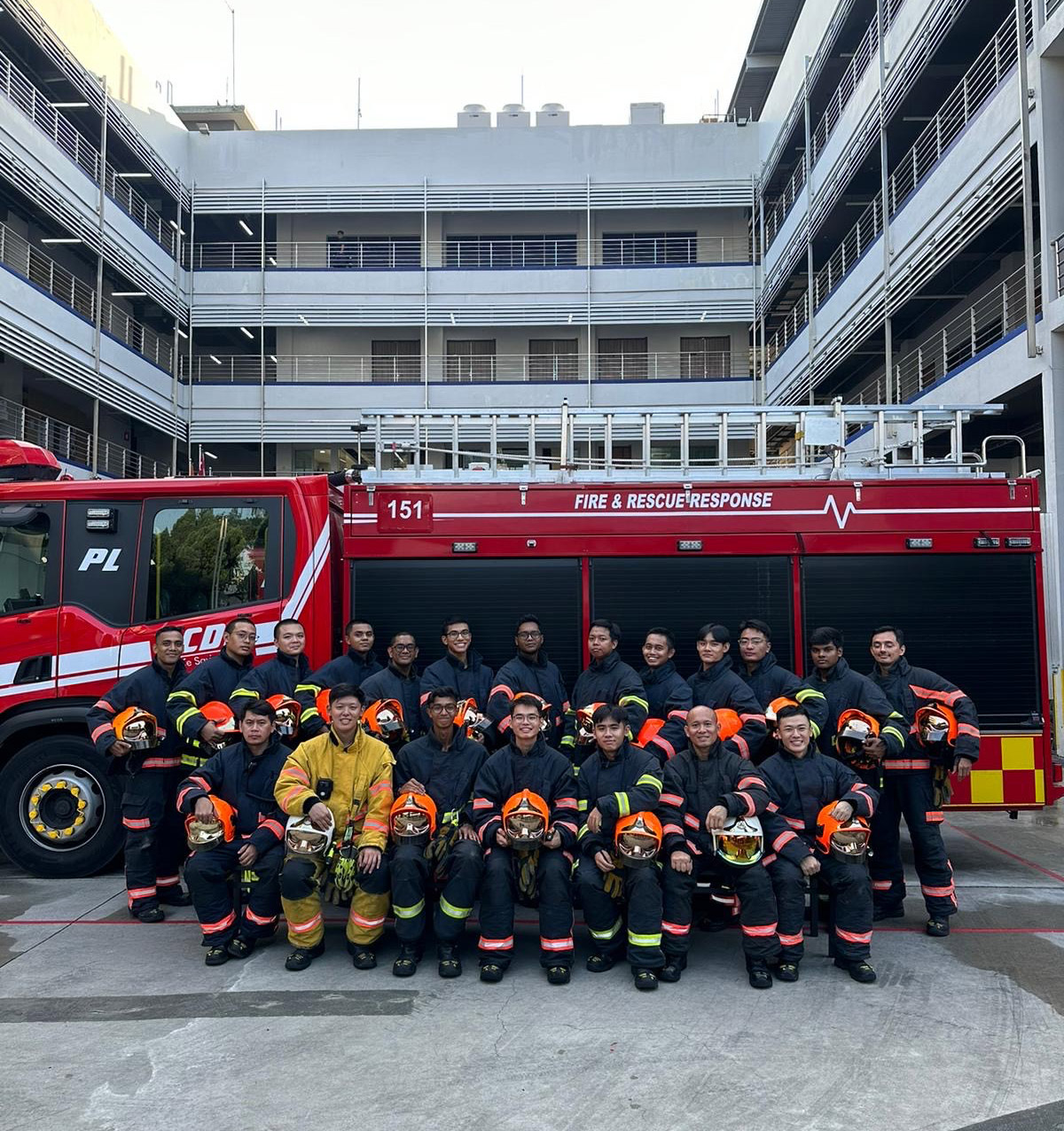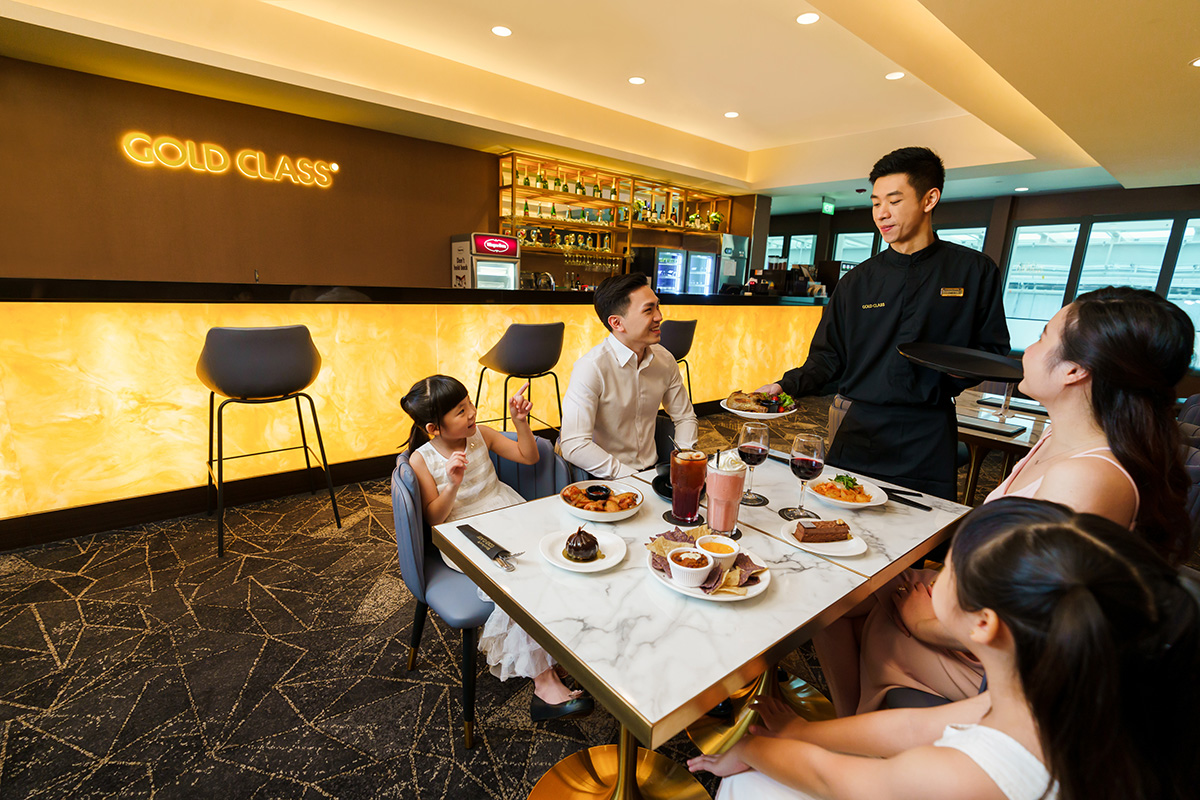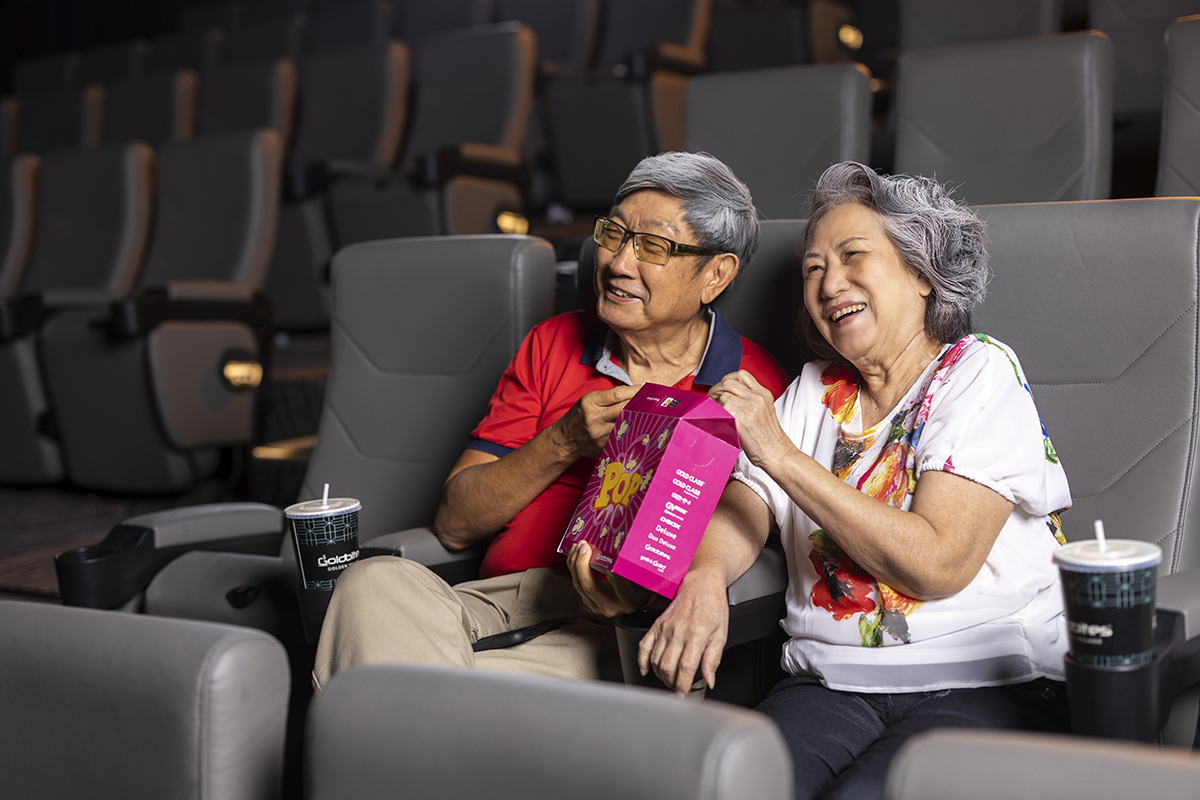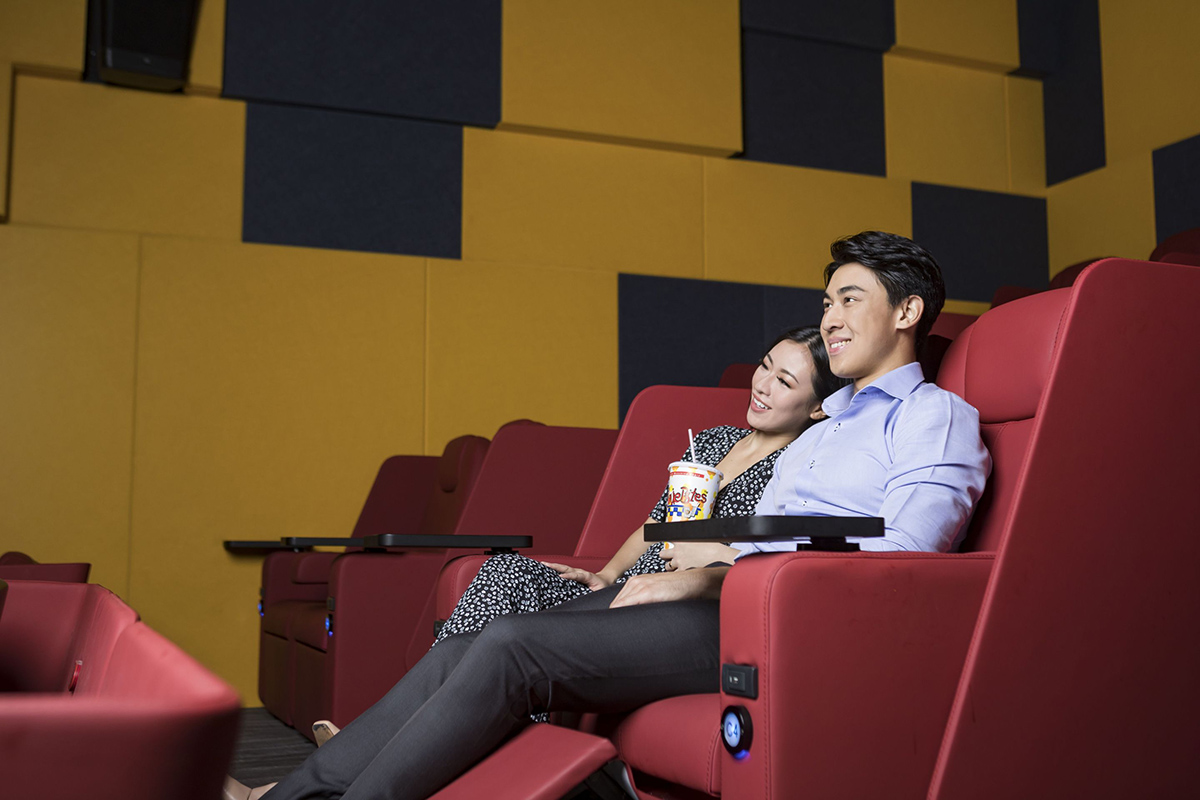Meet SC Luke Ying Zhe Parkin and SC Tan De Xun — Police NSF officers using their tech skills to protect Singapore from online threats.
As our world grows increasingly connected, cybercrime has quickly risen to become one of the most pressing threats of our time. Combating these sophisticated digital risks calls for more than just determination — it requires innovative tools and specialised expertise.
Recognising this, the Singapore Police Force (SPF) launched the National Service Cybercrime Operator (NSCO) vocation in 2024, harnessing the technical capabilities of Police National Service Full-time (PNSF) officers to strengthen its digital defences.
These PNSF officers are deployed to units such as the Anti-Scam Command (ASCom) and the Cybercrime Command (CCC), where they play a key role in detecting and disrupting cyber threats. Among the first batch of NSCOs are Special Constable (SC) Luke Ying Zhe Parkin and SC Tan De Xun — two officers using their skills to help safeguard Singapore’s digital space.

TURNING PASSION INTO PURPOSE
Luke’s interest in cybersecurity began in secondary school, when he took Computing for his ‘O’ Levels. “I’ve always been fascinated by technology and how it can be used to solve problems,” he shares. Although personal challenges eventually led him to take up a Diploma in Business at Temasek Polytechnic — instead of one in cybersecurity — his passion for the subject never faded.
When he was enlisted into the SPF, Luke underwent two months of foundational police training at the Police Training Command (TRACOM). He was then posted to ASCom — a role that gave him the chance to reconnect with his tech interest in a meaningful way.
At ASCom, Luke’s primary responsibility is operating the ScamShield dashboard, where he reviews user-reported scams and blocks numbers identified as scam-related. While an automated script handles the initial filtering, Luke manually assesses selected reports to determine if further action is needed.
His work helps disrupt scam operations and prevents potential victims from being targeted. “What makes this job meaningful is knowing that my work impacts many Singaporeans,” he says. “On a personal note, my dad was scammed a year ago, so I know what it feels like to fall victim to a scam. Scammers are always evolving their methods, so we have to keep learning and adapting to stay ahead.”
For new NSCOs stepping into the role, Luke offers this advice: “Be prepared to work with others and embrace challenges with an open mind. If you’re willing to learn, you’ll grow and find this experience deeply rewarding.”
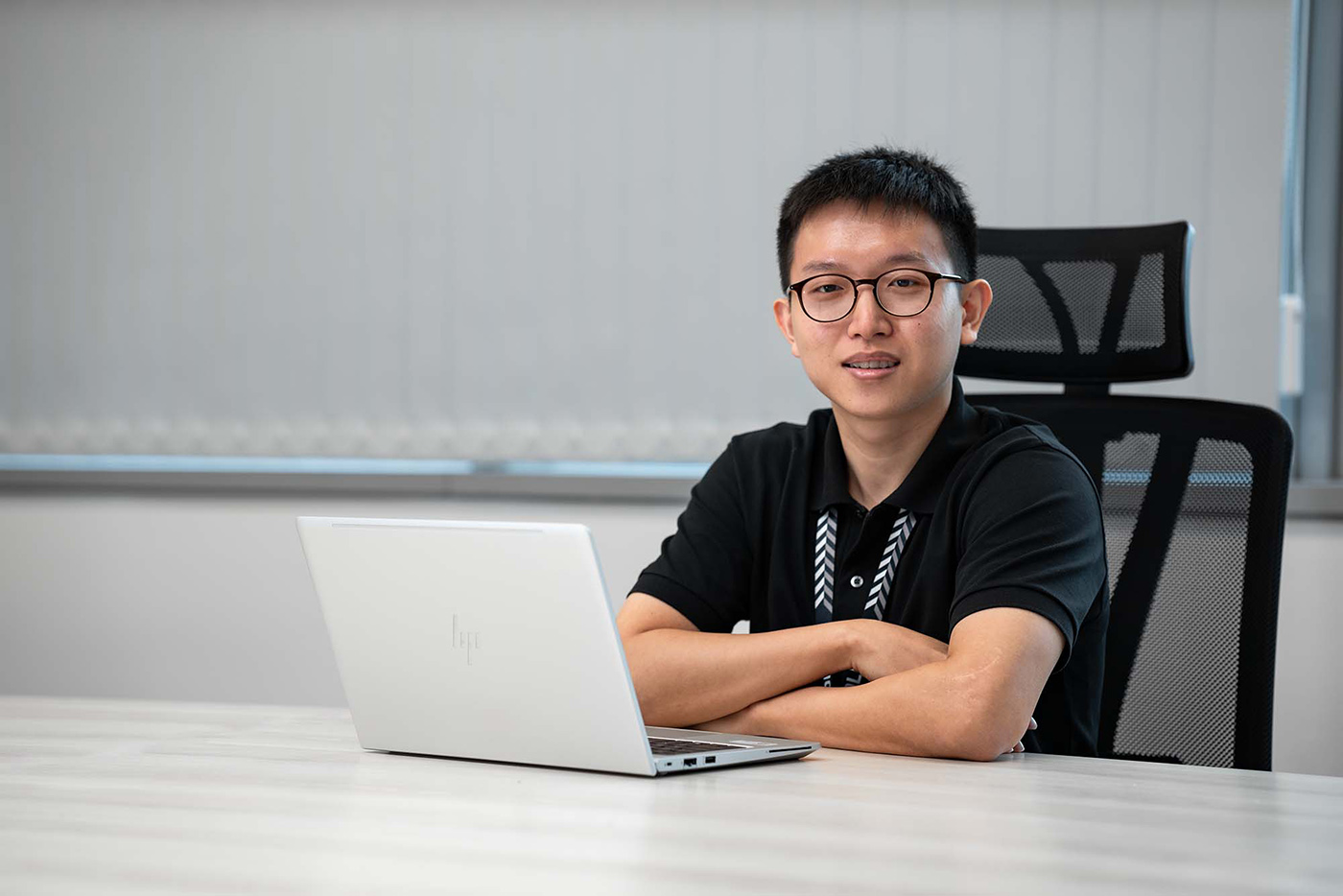
CLICKING INTO ACTION
Like Luke, De Xun began his cybercrime-fighting journey with training at the TRACOM before being posted to the Threat Intelligence Centre under the CCC. A graduate of Singapore Polytechnic with a Diploma in Information Technology, he was eager to put his skills to good use. “I received on-the-job training to assess scam websites, identify different types of scam websites and their scam elements,” he says. “This equipped me with the technical skills necessary to assess scam websites effectively.”
De Xun’s day-to-day work involves in-depth analyses of suspicious domains to identify and disrupt scam-related sites. It is a fast-paced and collaborative environment — one that he thrives in. “We analyse suspicious websites and perform detailed assessments of suspicious websites to identify and disrupt scam-related domains. This work requires us to stay updated on scam tactics and collaborate with different agencies to secure Singapore’s digital space,” he explains.
What drives him most is knowing that his work has real-world impact. “It’s rewarding to know that I can use the specialised skills I’ve learnt to contribute to the SPF’s mission,” he says. “Taking down scam websites makes a real difference, and I take pride in that.”
He encourages future NSCOs to adopt the same mindset. “Stay curious and proactive. Scammers constantly evolve, and so should we. Keep an open mind – there’s a lot to learn, and the officers here are passionate about teaching. If you put in the effort, you’ll gain valuable experience.”
YOUNG, SKILLED AND CYBER-READY
Luke and De Xun represent a new wave of NSFs stepping into increasingly specialised roles — tackling modern challenges with technical know-how and fresh perspective. As cybercrimes grow in scale and complexity, these young defenders are showing that National Service isn’t just about boots on the ground — it also means securing Singapore’s digital frontlines.
For Luke, the experience has strengthened his passion and reaffirmed his career aspiration. “It’s been challenging, but also incredibly fulfilling to know that my work makes a difference,” he shares, adding that he hopes to pursue further studies in cybersecurity after NS.
With every scam disrupted and fraudulent site taken down, NSCOs like Luke and De Xun prove that fighting cybercrime isn’t just for seasoned professionals — passionate young minds are making a real impact too.
This article was adapted from this Police Life article.
Like our stories? Subscribe to our Frontline Digital newsletters now! Simply download the HomeTeamNS Mobile App and update your communication preference to ‘Receive Digital Frontline Magazine’, through the App Settings.


